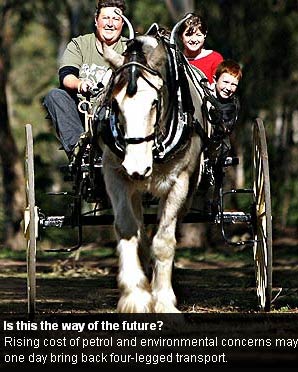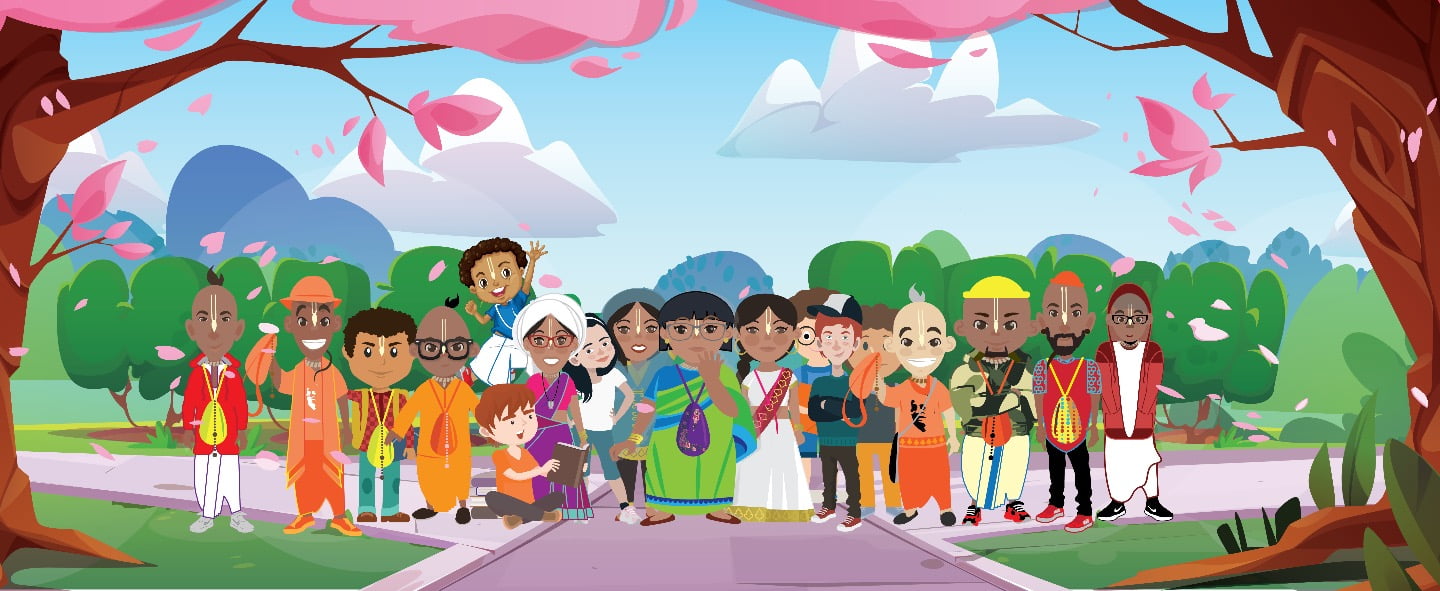Four-leg Drive the Way to Go
By Malcolm Brown | Jul 26, 2008

Nicole Swift, of Yarramundi, on the Hawkesbury, has no difficulty with the idea that one day Australia’s horses – so brusquely brushed aside by the motor car a century ago – may come back into their own as a source of transport and power.
Unthinkable it might seem. But with fuel prices pushing up to perhaps $8 a litre in the next 10 years, stocks drying up and alternative sources of energy problematic, an eye might well be turned to the animal that has served mankind since the dawn of civilisation.
Ms Swift, 30, whose life revolves around horses, belongs to Clydesdale Rescue, an organisation dedicated to saving the heavy horses. She used Clydesdales in business, carting round a “portable restaurant” in Windsor, and her sister has a horse-and-carriage wedding business. But with the owners of perhaps a million domesticated horses in Australia, she might unwittingly be managing a resource.
“I could certainly use my horses for other things,” Ms Swift said. “I take my horse and sulky round the local area and I would take it into Richmond to pick up my shopping except for all those idiot drivers that go over the Yarramundi Bridge.”
Other horse owners have similar feelings. Marilyn Borg, of the Darling Downs, has no trouble with the idea of hitching her horses to carts and trotting off to nearby Plainland to pick up her groceries.
“I would love people to be able to hook up a horse and sulky and go off to Woolies,” she said. “These horses are a resource. I want my stud passed on to my grandchildren!”
For small trips, the economics are on her side. A Queensland university study has shown that for small acreages, using horses is more profitable than tractors, and in Europe, where holdings are smaller, some farmers have already made the switch.
Corey Watts, the rural lands co-ordinator for the Australian Conservation Foundation, said there might be a use for horses. Cuba had shown the way when it lost half its oil imports and fertiliser with the collapse of the Soviet Union and had to resort to household vegetable gardens, organic food and horse transport.












